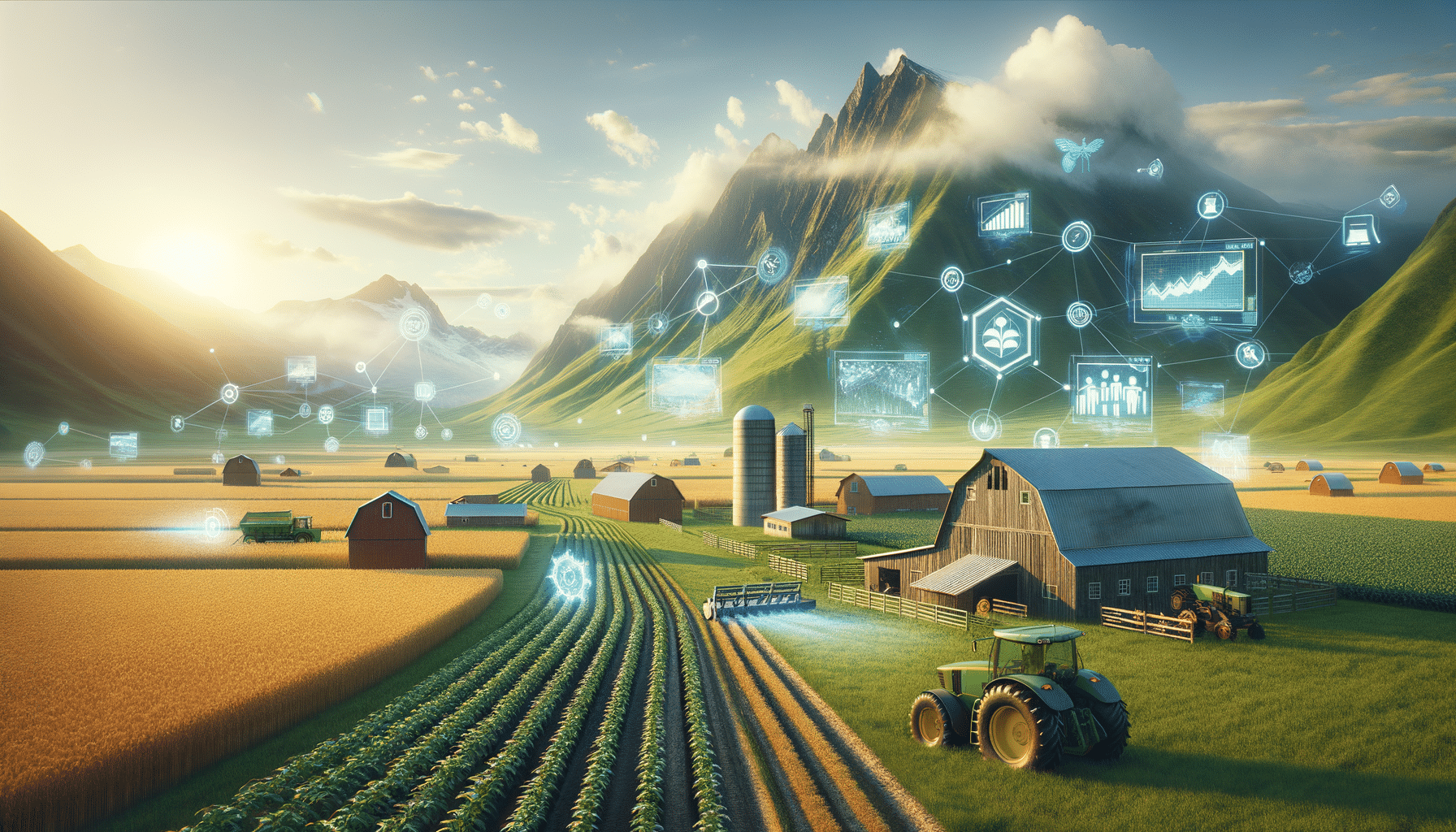
Explore Different Types of Farm Software for Management
Introduction to Farm Management Software
In the ever-evolving world of agriculture, technology plays a pivotal role in enhancing productivity and efficiency. Farm management software is a crucial tool for modern farmers, offering solutions for various aspects of farm operations. These software applications help in managing resources, tracking livestock, and optimizing crop yields. By integrating technology into their daily routines, farmers can make informed decisions, reduce waste, and increase profitability. This article explores the different types of farm software available and how they can be leveraged to improve farm management.
Crop Management Software
Crop management software is designed to assist farmers in planning, monitoring, and analyzing all aspects of crop production. These tools offer features such as field mapping, weather tracking, and pest management. By using crop management software, farmers can optimize their planting schedules, monitor crop health, and predict yields more accurately. Some software also provides data analytics to help farmers make data-driven decisions. Benefits of using crop management software include:
- Improved crop yield predictions
- Efficient resource allocation
- Enhanced pest and disease management
Overall, crop management software is an invaluable resource for farmers looking to maximize their production and efficiency.
Livestock Management Software
Livestock management software is tailored to meet the needs of farmers who raise animals. This type of software aids in tracking animal health, breeding schedules, and feed management. By utilizing livestock management software, farmers can monitor the well-being of their animals, ensuring timely medical interventions and optimal feeding practices. Key features often include:
- Health and vaccination tracking
- Breeding and genealogy records
- Feed and nutrition management
With these tools, farmers can streamline their operations, leading to healthier livestock and increased productivity.
Resource Optimization Software
Resource optimization software focuses on the efficient use of farm resources, such as water, fertilizers, and labor. These tools help farmers monitor and control resource usage, reducing waste and lowering costs. By implementing resource optimization software, farmers can achieve sustainability goals while maintaining high levels of productivity. Features often include:
- Water usage tracking and management
- Fertilizer application optimization
- Labor and equipment scheduling
Such software ensures that resources are used judiciously, contributing to both environmental sustainability and economic viability.
Conclusion: Embracing Technology in Farming
As agriculture continues to evolve, the adoption of farm management software becomes increasingly important. By exploring and implementing various types of farm software, farmers can significantly enhance their operational efficiency and productivity. Whether it’s crop management, livestock tracking, or resource optimization, these technological tools provide invaluable support in the complex world of farming. Embracing these advancements not only benefits individual farmers but also contributes to the broader goals of sustainable and efficient agriculture.


